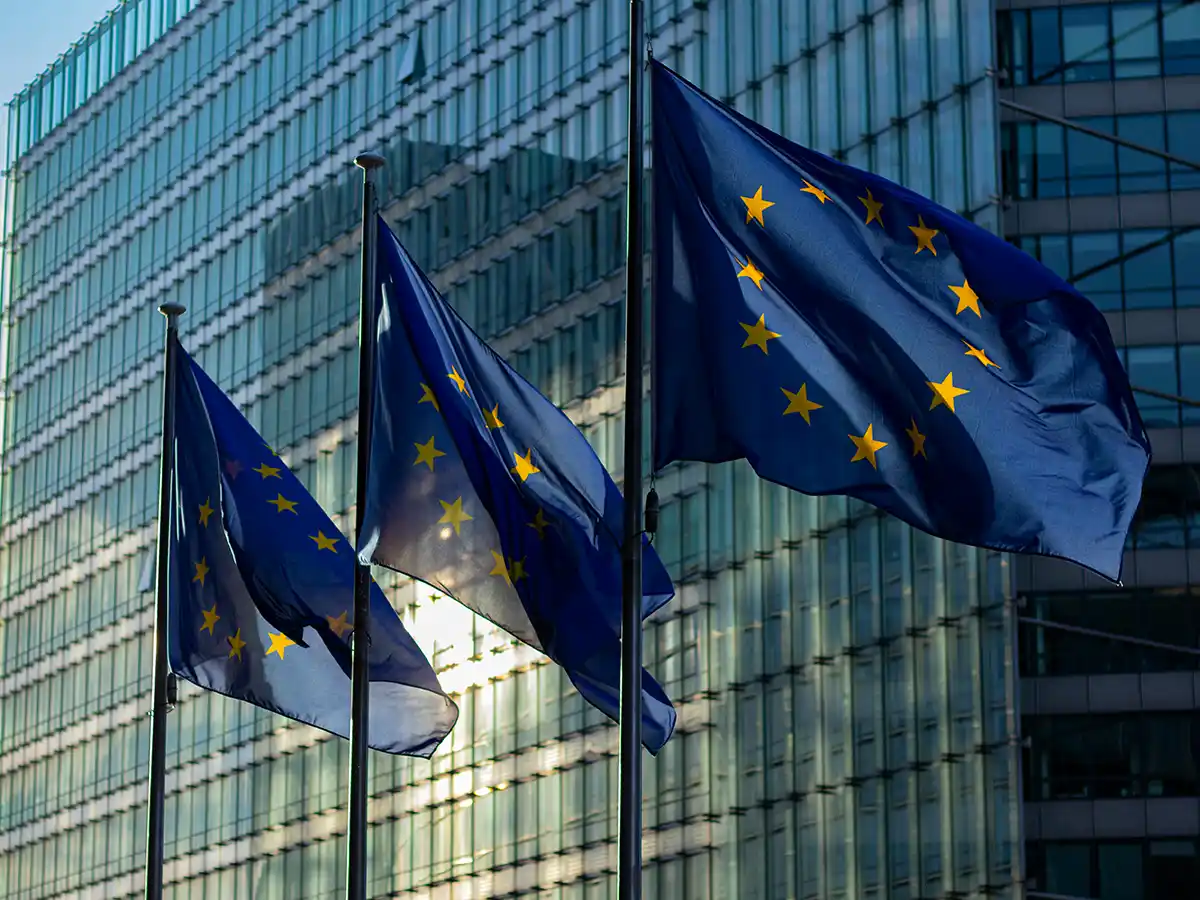
New ECJ judgement on the reduction of the VATable amount related to cash reimbursements
On 6 October 2021, the European Court of Justice (ECJ) disclosed a Hungary-related judgement in case C-717/19. Boehringer Ingelheim RCV GmbH & Co. KG Hungarian Branch. This new judgment seems to be a new milestone in proceeding in Hungarian VAT legislation.
In the preceding years, the ECJ gave a couple of Hungary-related judgements as regards the taxable person’s right to reduce their VAT base, concerning bad debts. These judgments triggered changes in the Hungarian VAT legislation either. The latest judgement, presented in this article, focuses on the cash reimbursements provided to third parties (i.e., to persons other than the customer to whom the products are supplied), under promotion schemes.
Boehringer Ingelheim is a pharmaceutical company which manufactures medicinal products and supplies those products to pharmacies via wholesalers, exclusively. Some of his medicinal products are subject to state subsidies. Boehringer Ingelheim concluded an agreement with the Hungarian Public Health Insurance Funds (HIF) upon which HIF retained the price subsidies for the respective products, in exchange for cash reimbursements undertook by Boehringer Ingelheim. The amount of the reimbursement was calculated upon a particular percentage of Boehringer Ingelheim’s revenue from his medicine sales. HIA issued payment notes on the amounts due, however invoices were not drawn up.
Boehringer Ingelheim self-revised its VAT returns and decreased the taxable amount of his supplies since, due to his payment liabilities towards HIA, he did not receive the whole amount of consideration to be obtained from the wholesalers. The national tax authority rejected the self-revisions on the ground that the reimbursements to HIA were not made under promotion schemes, within the meaning of the Hungarian VAT act. Boehringer Ingelheim brought an action against the second-instance decision, with reference to the principle that the taxable amount serving as a basis for the VAT to be collected by the tax authorities cannot exceed the consideration actually received.
Based on the judgement of the ECJ, the Hungarian VAT regulations prescribing that the conditions for cash reimbursements must be specified beforehand in the marketing policy of the supplier are not consistent with the VAT directive.
The same finding has been reached in connection with the supplier’s obligation to hold a copy of the invoice for the underlying supply, nevertheless, ECJ held that the reduction of the taxable amount must be substantiated, by other means.
However, ECJ case-law may only be referred effectively in the administrative court procedure, until the Hungarian VAT act has been amended, it is worth reconsidering the current cash-back schemes of the business, focusing on the principle that the taxable amount cannot exceed the consideration actually received. It is also a considerable point whether the person entitled to the cash reimbursement is keeping sufficient records and documents for supporting the VAT base reduction.
Please feel free to contact us if you have any questions regarding the above.
Krisztián Vadkerti, partner
Márta Pénzely, adómenedzser
Márton Ráskai, senior adótanácsadó
Lépjen kapcsolatba szakembereinkkel!
Az alábbi űrlap segítségével feliratkozhat szakmai hírlevelünkre, így folyamatosan értesítjük az adózás, a könyvelés és a bérszámfejtés területén megjelenő újdonságokról.











